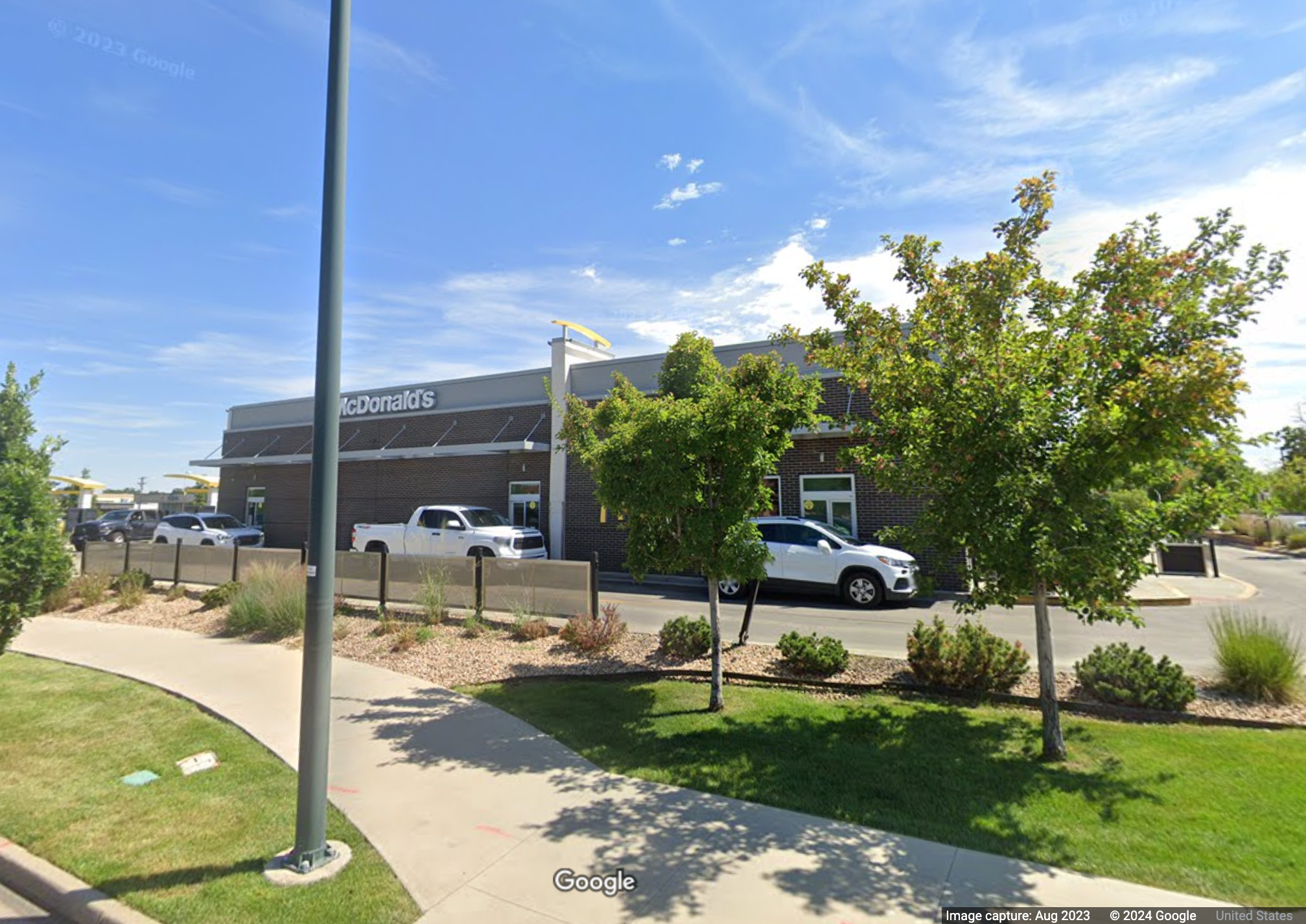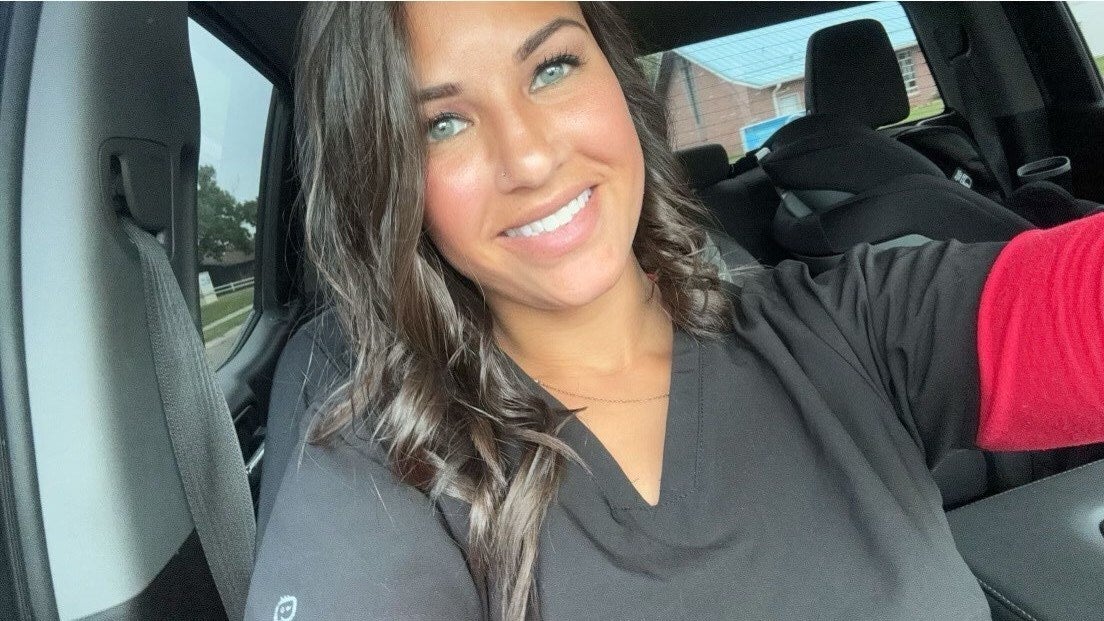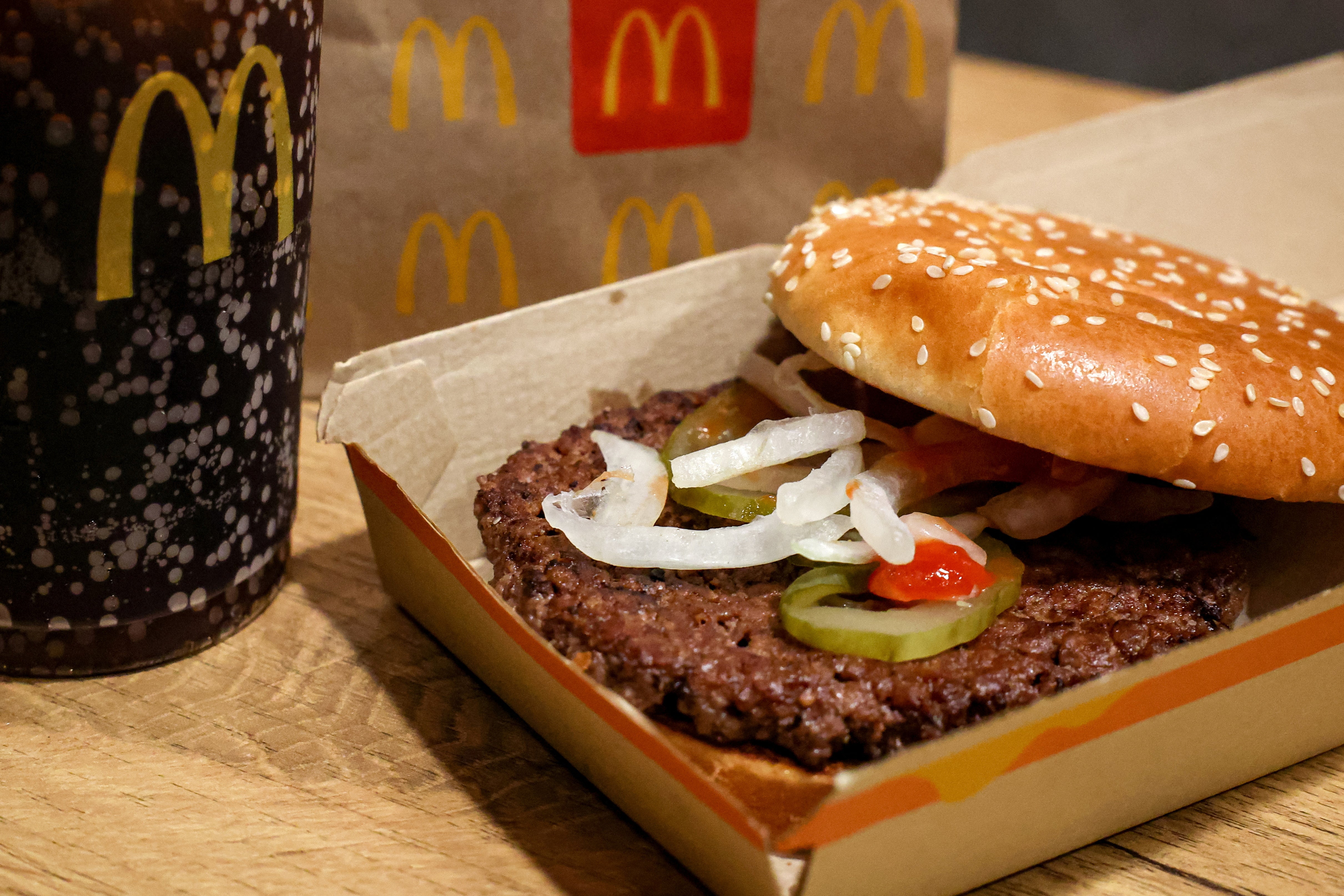First lawsuits over McDonald’s E. coli outbreak that left one dead and dozens ill across the US
An older Colorado resident has died and nearly 50 people have been sicked across 10 states
Your support helps us to tell the story
From reproductive rights to climate change to Big Tech, The Independent is on the ground when the story is developing. Whether it's investigating the financials of Elon Musk's pro-Trump PAC or producing our latest documentary, 'The A Word', which shines a light on the American women fighting for reproductive rights, we know how important it is to parse out the facts from the messaging.
At such a critical moment in US history, we need reporters on the ground. Your donation allows us to keep sending journalists to speak to both sides of the story.
The Independent is trusted by Americans across the entire political spectrum. And unlike many other quality news outlets, we choose not to lock Americans out of our reporting and analysis with paywalls. We believe quality journalism should be available to everyone, paid for by those who can afford it.
Your support makes all the difference.The first lawsuits related to a deadly outbreak of E. coli in the fast food giant’s hamburgers have been filed in Cook County, Illinois.
One suit was filed on Thursday on behalf of Colorado resident Eric Stelly, who was one of dozens of customers across the country who have been exposed to the bacteria.
“I’ve eaten at McDonald’s for years. Never did I expect to suffer like this from eating a burger,” Stelly said in a statement provided to The Independent on Thursday. “I hope my lawsuit can shed light on how this happened, so that McDonald’s can fix the problems and prevent them from happening again.”
Another suit was filed – also by law firm Ron Simon & Associates and Meyers & Flowers, LLC – on behalf of Nebraska resident Clarissa DeBock.
Chicago-based McDonald’s did not respond to The Independent’s multiple requests for comment on Thursday.

Earlier this month, Stelly purchased and consumed the burger from his local McDonald’s in Breely, Colorado. Two days later, he began to experience gastrointestinal symptoms, including nausea, stomach cramps, dehydration, and as bloody stool – which is the most common symptom of E. coli poisoning.
Four days later, he sought medical attention at the UCHealth Greeley Hospital. There, his doctor performed a lab test of his stool, which came back positive for E. coli.
Stelly’s doctor referred him to specialists to determine the extent of his illness and, a few days later, the county’s Department of Public Health confirmed he had consumed food from McDonald’s.
Colorado is the state that has been the most affected by this 10-state outbreak, with more than 10 victims identified by health officials.
Stelly is still recovering from his illness and is being represented by food safety attorney Ron Simon, who also represents more than a dozen other victims of the outbreak.
“Through this lawsuit and others, we will hold McDonald’s and its suppliers accountable for this unfortunate tragedy. American consumers should be able to trust that the food they are served is safe from contamination.,” said Simon. “McDonald’s breached that trust, and will now have to earn it back.”

DeBock purchased food from her local McDonald’s in September and became ill with symptoms of E. coli five days after eating it. Three days later, she went to the Great Plains Health in North Platte where doctors ordered blood work, CT scans, and stool tests.
She was found to be positive for E. coli, and her case was reported to the county health department. Her doctors placed DeBock on Ciprofloxacin. She is also continuing to recover from the illness.
Across the US, at least 49 victims ranging from age 13 to 88 years old have been identified. Of those who were infected, 10 people have been hospitalized, and one older Colorado resident has died. A different individual developed hemolytic uremic syndrome, a serious condition that can cause kidney failure. Most people were sickened during the first week of the month, according to the Centers for Disease Control and Prevention (CDC).
Since the outbreak, the CDC says the chain has pulled slivered onions and beef patties from stores in several states. Most people were sickened after eating McDonalds’ Quarter Pounder hamburgers and investigators are still working to confirm which ingredient is contaminated.

The California-based Taylor Farms issued a recall for its yellow onions a day after sliced onions were listed as a possible cause of the outbreak.
The Food and Drug Administration said diced onions used at McDonald’s were not implicated.
However, the agency notes that the outbreak may not be limited to states with known illnesses and the true number of those sickened is likely much higher than has been reported.
“This is because many people recover without medical care and are not tested for E. coli,” the CDC said. It usually takes three to four weeks to determine if a sick person is part of an outbreak.

Join our commenting forum
Join thought-provoking conversations, follow other Independent readers and see their replies
Comments